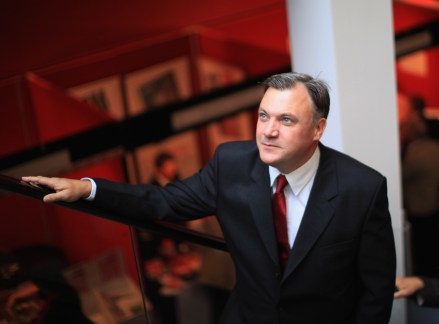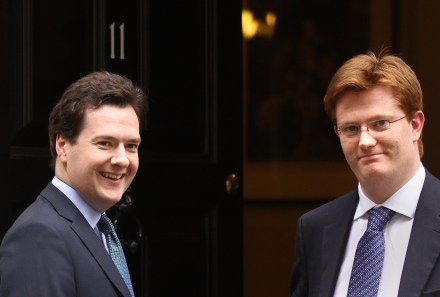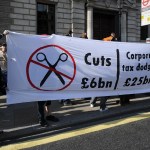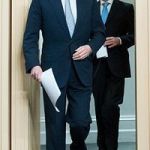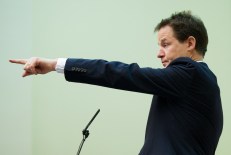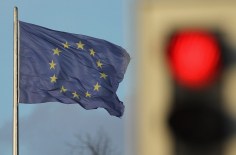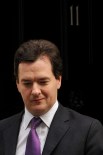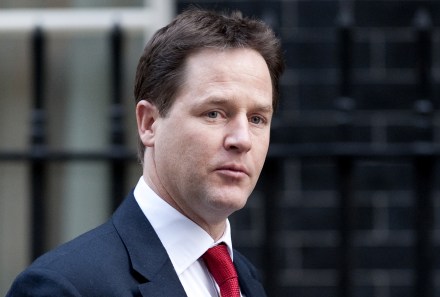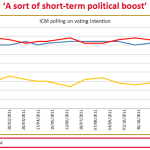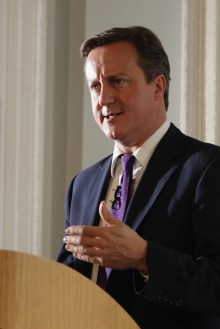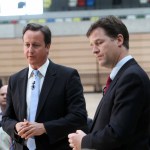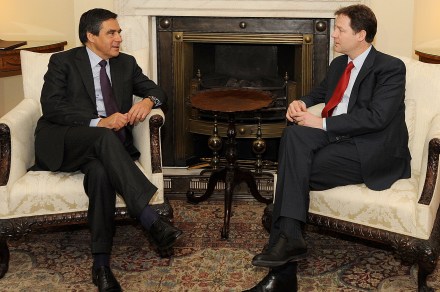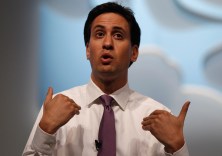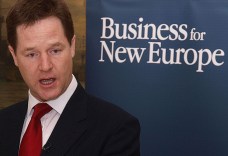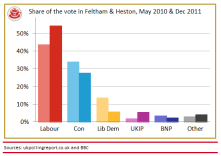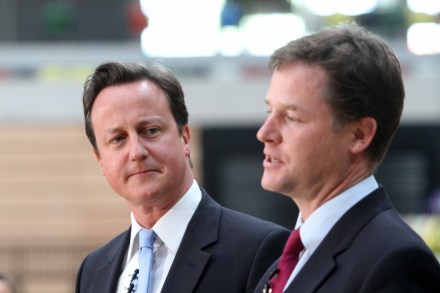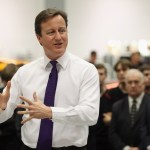Your five point guide to Balls’s highly political interview
It’s a strange sort of Christmas present; interviews with Ed Miliband and Ed Balls — but that’s what the papers have seen fit to deliver us this morning. There’s not much political content in the Miliband one, which is more of an At Home With Ed and Justine sort of deal. But Ed Balls’s interview with the Independent is a totally different matter. Here are five points distilled from the shadow chancellor’s words: 1) We’d cut, I tell ya. Rarely has Balls sounded as much of a deficit hawk as he does here. Sure, he drops in the usual lines about the Tories going ‘too far, too fast’, and Labour
